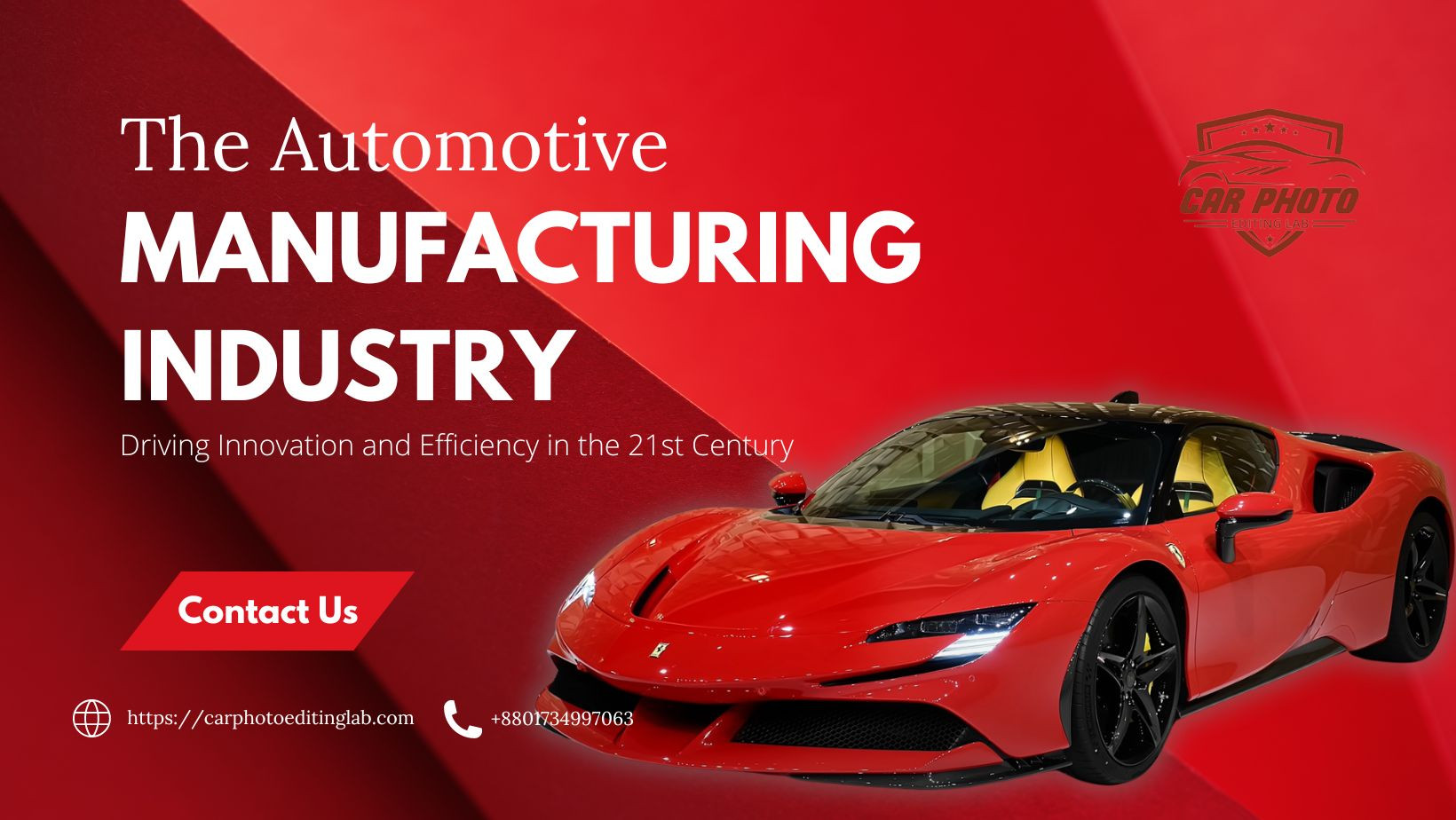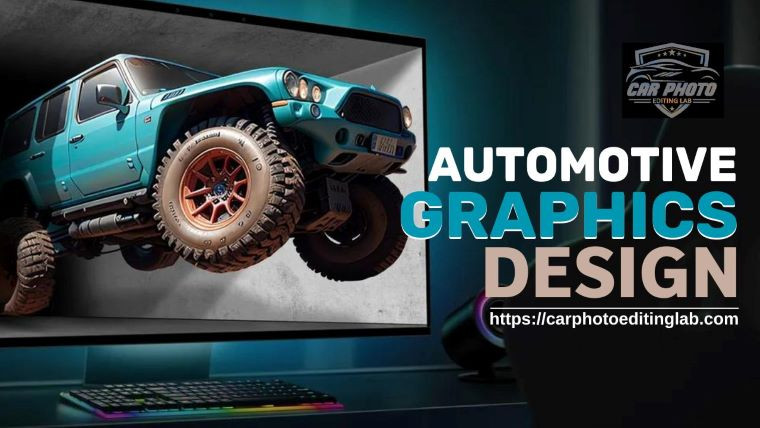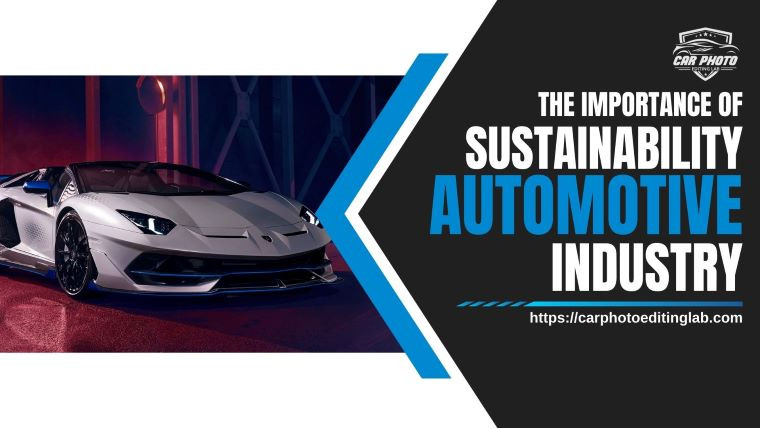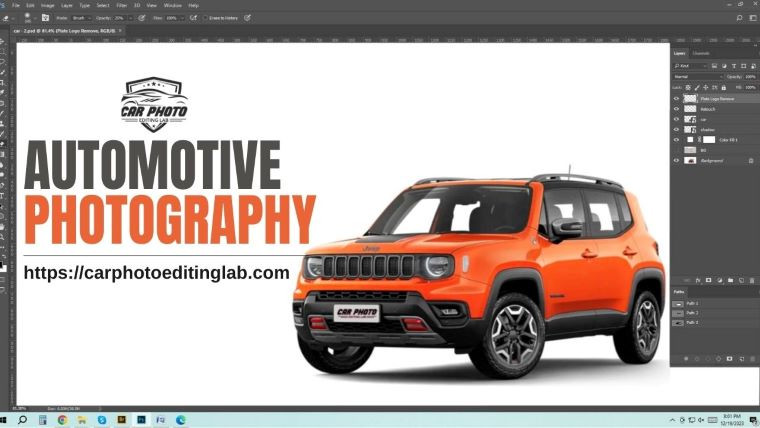-
Contact us with Whatsapp:
+8801734997063 -
Mail Us:
[email protected] -
Service Hours
24/7
Automotive Business Solutions

May 2024
- 29 May 2024
- Business Solution
- 0 Views
Automotive Business Solutions
In today's rapidly evolving automotive landscape, businesses must adapt to the constant advancements in technology and shifts in consumer preferences. Automotive business solutions have emerged as a critical component for manufacturers, dealerships, and service providers to stay competitive and efficient. These solutions encompass a wide range of tools and strategies designed to streamline operations, enhance customer experiences, and drive profitability. This blog post will explore the key aspects of automotive business solutions, their benefits, and how they are transforming the industry.
The Digital Transformation of the Automotive Industry
The automotive industry is undergoing a profound digital transformation, driven by innovations such as electric vehicles (EVs), autonomous driving, and connected car technologies. This transformation is not just about the vehicles themselves but also about how businesses operate and interact with customers. Automotive business solutions are at the forefront of this change, offering integrated systems that cover various aspects of the business, from manufacturing to after-sales services.
Key Components of Automotive Business Solutions
1. Customer Relationship Management (CRM) Systems
A robust CRM system is essential for managing customer interactions, tracking sales, and enhancing customer satisfaction. In the automotive sector, CRM solutions help dealerships and service centers keep detailed records of customer preferences, purchase history, and service needs. This data enables personalized marketing campaigns and improves customer retention.
2. Enterprise Resource Planning (ERP) Systems
ERP systems integrate various business processes, including inventory management, finance, supply chain, and human resources. For automotive manufacturers and dealerships, an ERP system ensures seamless coordination between different departments, reduces operational costs, and enhances productivity. By providing real-time data and analytics, ERP systems help businesses make informed decisions.
3. Inventory Management Solutions
Efficient inventory management is crucial for automotive businesses to avoid overstocking or stockouts. Advanced inventory management systems use predictive analytics to forecast demand, optimize stock levels, and reduce carrying costs. These systems also provide visibility into the supply chain, helping businesses respond quickly to changes in market demand.
4. Dealership Management Systems (DMS)
A DMS is a specialized ERP system designed for automotive dealerships. It covers all dealership operations, including sales, service, parts inventory, and customer management. A good DMS enhances the efficiency of dealership operations, improves customer service, and boosts profitability by automating routine tasks and providing comprehensive reporting.
5. Service Management Solutions
Automotive service centers benefit from dedicated service management solutions that streamline scheduling, work order management, and parts tracking. These systems ensure that service centers operate smoothly, reduce downtime, and enhance customer satisfaction by providing timely and efficient service.
6. Financial Management Solutions
Automotive businesses require robust financial management solutions to handle complex transactions, financing options, and regulatory compliance. These solutions offer comprehensive tools for budgeting, accounting, payroll, and financial reporting, helping businesses maintain financial health and transparency.
7. Marketing Automation Tools
Marketing automation tools enable automotive businesses to execute targeted marketing campaigns, track customer engagement, and analyze campaign effectiveness. By automating repetitive marketing tasks, these tools free up time for creative strategies and help businesses reach their audience more effectively.
Benefits of Implementing Automotive Business Solutions
1. Enhanced Operational Efficiency
Automotive business solutions streamline processes and reduce manual intervention, leading to increased efficiency. For instance, an integrated ERP system can automate inventory replenishment based on real-time sales data, minimizing delays and errors.
2. Improved Customer Experience
With CRM and service management solutions, businesses can offer personalized services and timely communications. For example, a CRM system can send automated reminders to customers for vehicle maintenance, enhancing their overall experience and loyalty.
3. Data-Driven Decision Making
Access to real-time data and advanced analytics empowers automotive businesses to make informed decisions, from optimizing inventory levels to identifying emerging market trends, ensuring they remain competitive and responsive in a dynamic market.
4. Cost Reduction
By automating routine tasks and improving resource management, automotive business solutions can significantly reduce operational costs. For example, inventory management solutions help avoid excess stock, reducing carrying costs and wastage.
5. Scalability
As automotive businesses grow, their operational complexity increases. Automotive business solutions are scalable, allowing businesses to expand their operations without compromising efficiency. For instance, an ERP system can integrate new dealership locations seamlessly into the existing framework.
6. Regulatory Compliance
The automotive industry is heavily regulated, with stringent requirements for safety, emissions, and data protection. Automotive business solutions help businesses stay compliant with these regulations by providing tools for documentation, reporting, and audit trails.
Transforming Customer Engagement with Digital Tools
Customer expectations in the automotive industry have evolved, with a growing preference for digital interactions. Automotive business solutions are crucial in meeting these expectations by offering digital tools for customer engagement.
1. Online Sales Platforms
The rise of e-commerce has extended to the automotive industry, with many customers preferring to browse and purchase vehicles online. Online sales platforms integrated with CRM and inventory management systems provide a seamless shopping experience, from selecting a vehicle to financing and delivery.
2. Virtual Showrooms
Virtual showrooms allow customers to explore vehicles using virtual reality (VR) or augmented reality (AR) technologies. These digital showrooms provide an immersive experience, enabling customers to view and customize vehicles without visiting a physical dealership.
3. Mobile Apps
Mobile apps offer convenience and enhance customer engagement by providing features such as service booking, real-time vehicle tracking, and push notifications for maintenance reminders. These apps integrate with CRM and service management systems to offer a cohesive experience.
4. Social Media Integration
Social media platforms are vital for automotive marketing and customer engagement. Integrating social media with CRM and marketing automation tools allows businesses to track customer interactions, run targeted campaigns, and respond to customer queries promptly.
Future Trends in Automotive Business Solutions
The automotive industry continues to evolve, with emerging trends shaping the future of automotive business solutions.
1. Artificial Intelligence (AI) and Machine Learning
AI and machine learning are transforming automotive business solutions by providing advanced analytics, predictive maintenance, and personalized customer experiences. For example, AI-powered chatbots can handle customer inquiries efficiently, while machine learning algorithms can predict maintenance needs based on vehicle data.
2. Blockchain Technology
Blockchain technology offers enhanced security and transparency in automotive transactions. It can be used for secure vehicle history tracking, fraud prevention, and efficient supply chain management. For instance, blockchain can verify the authenticity of spare parts, reducing the risk of counterfeit products.
3. Internet of Things (IoT)
IoT is revolutionizing vehicle connectivity and fleet management. IoT-enabled vehicles can provide real-time data on performance, location, and maintenance needs. This data can be integrated into ERP and service management systems to optimize fleet operations and improve customer service.
4. Sustainability Solutions
With the growing emphasis on sustainability, automotive business solutions are incorporating eco-friendly practices. This includes tools for managing electric vehicle (EV) charging infrastructure, optimizing supply chain logistics to reduce carbon footprints, and promoting sustainable practices within the organization.
Challenges and Considerations
While the benefits of automotive business solutions are substantial, businesses must also navigate certain challenges and considerations.
1. Integration Complexity
Integrating various business solutions, such as CRM, ERP, and DMS, can be complex and time-consuming. It requires careful planning and execution to ensure seamless data flow and system compatibility.
2. Data Security
With the increasing reliance on digital tools and data, ensuring data security and privacy is paramount. Automotive businesses must implement robust cybersecurity measures to protect sensitive customer and business information.
3. Cost of Implementation
The initial cost of implementing advanced automotive business solutions can be high. Businesses must evaluate the return on investment (ROI) and consider phased implementation to manage costs effectively.
4. Change Management
Adopting new technologies and processes necessitates a cultural shift within the organization, requiring businesses to invest in comprehensive training and change management initiatives to ensure employees are proficient in utilizing the new systems effectively.
Conclusion
Automotive business solutions are indispensable for navigating the complexities of the modern automotive industry. By enhancing operational efficiency, improving customer experiences, and enabling data-driven decision-making, these solutions empower businesses to stay competitive and agile. As the industry continues to evolve, embracing these digital tools will be crucial for success. Automotive businesses that invest in comprehensive, integrated solutions will be well-positioned to thrive in this dynamic landscape, driving innovation and growth for years to come.
Written By: Clipping Partner India
























1 Comment
Rogelio
28 May, 2025 11:30 PMYou made your stand quite clearly.! casino en ligne Really tons of great material! casino en ligne Well expressed truly. ! casino en ligne Useful data Appreciate it. casino en ligne francais Incredible a lot of valuable facts. casino en ligne France Nicely put. Cheers. casino en ligne francais Information very well regarded!. casino en ligne You actually reported this exceptionally well. meilleur casino en ligne Seriously plenty of fantastic advice. casino en ligne fiable Regards, A good amount of advice! casino en ligne France